## The Switch 2 and the Great Cartridge Controversy: Will Physical Games Survive?
Hold onto your joy-cons, gamers! The Nintendo Switch 2 has arrived, but with a controversial twist: game-key cards replacing physical cartridges. While some fans are embracing the change, a chorus of dissent is rising, questioning the future of physical gaming. But are these concerns justified?
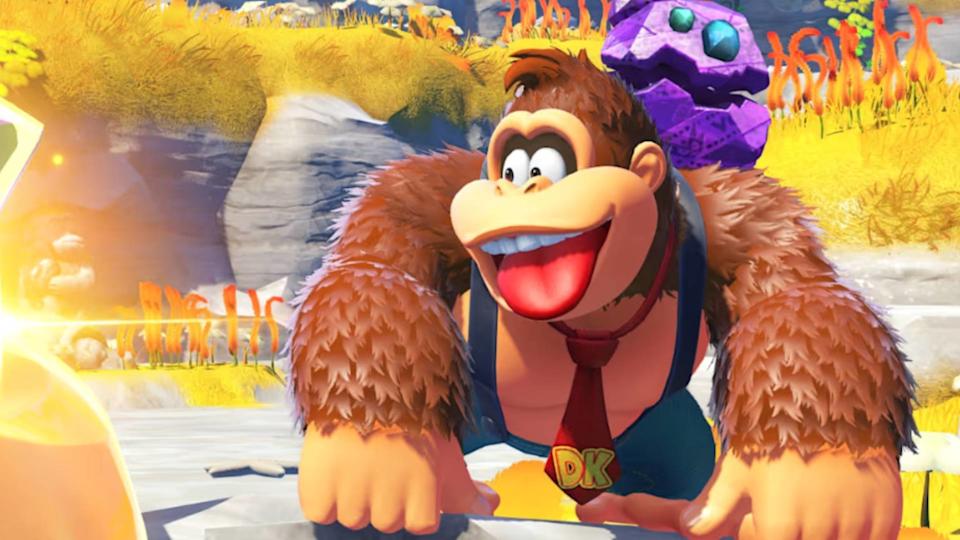
The Gamer Response
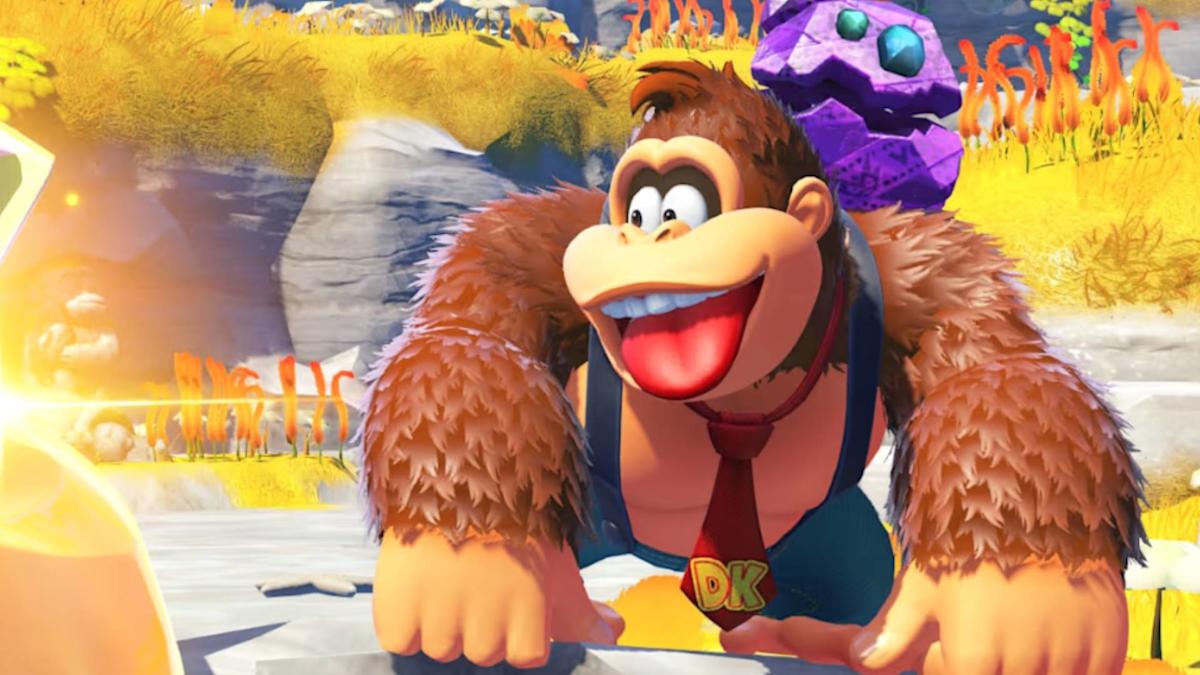
The recent unveiling of game-key cards as the physical format for many Switch 2 titles has sparked a wave of backlash from gamers. While Nintendo cites the growing preference for digital downloads and the desire to provide a physical representation of digital products, many fans express concerns about the implications for game preservation, ownership rights, and the overall value of physical media.
A significant portion of the criticism stems from the perceived devaluation of physical ownership. Game-key cards essentially shift the entire gaming experience to the digital realm, eliminating the tangible aspect that many gamers cherish. The absence of a traditional cartridge or disc raises concerns about the long-term accessibility of games. If a digital platform ceases operations or a user loses access to their account, the physical game becomes essentially worthless.
Furthermore, the reliance on digital downloads introduces potential vulnerabilities. Internet connectivity issues, server outages, or even piracy can disrupt access to the game. This contrasts with physical media, which offers a more robust and independent experience.
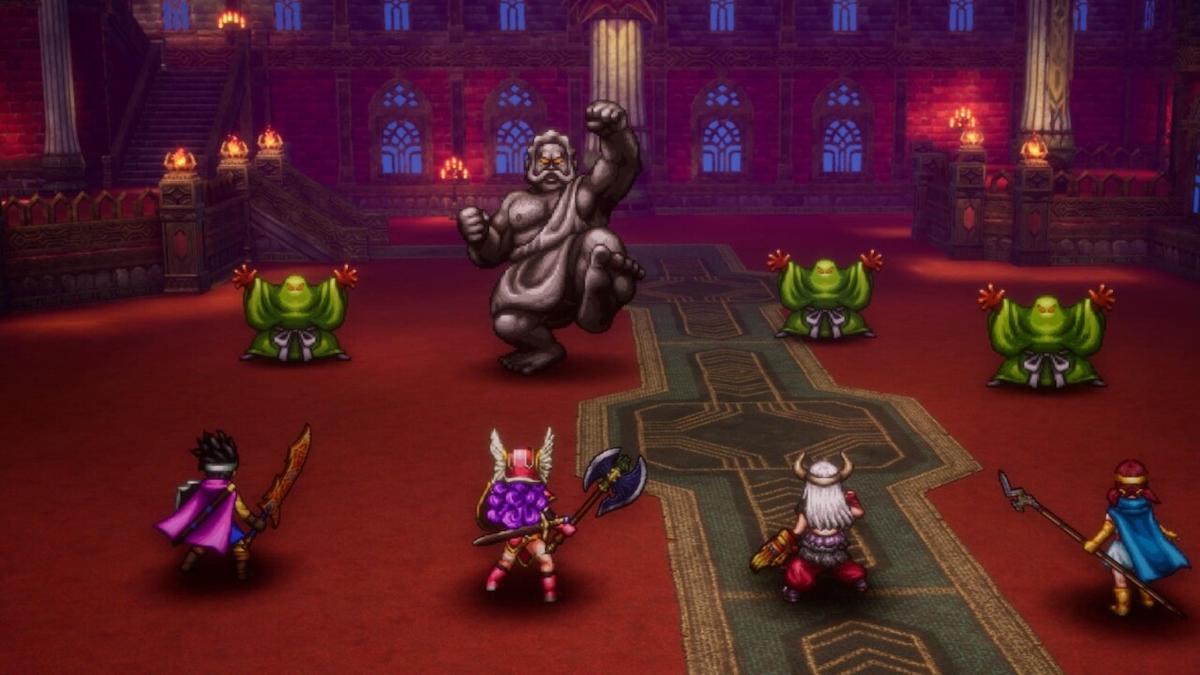
Nostalgia and Sentimentality
The nostalgic value associated with physical games also plays a role in the gamer response. For many, physical games evoke memories of past gaming experiences, collecting rare editions, and the tactile satisfaction of inserting a cartridge or disc into a console. The disappearance of this tangible connection can feel like a loss of an important part of gaming history and culture.
Moreover, physical games often hold a higher perceived value due to their rarity, limited editions, or collectible status. Game-key cards, on the other hand, lack these tangible attributes, potentially diminishing the perceived value of the gaming experience.
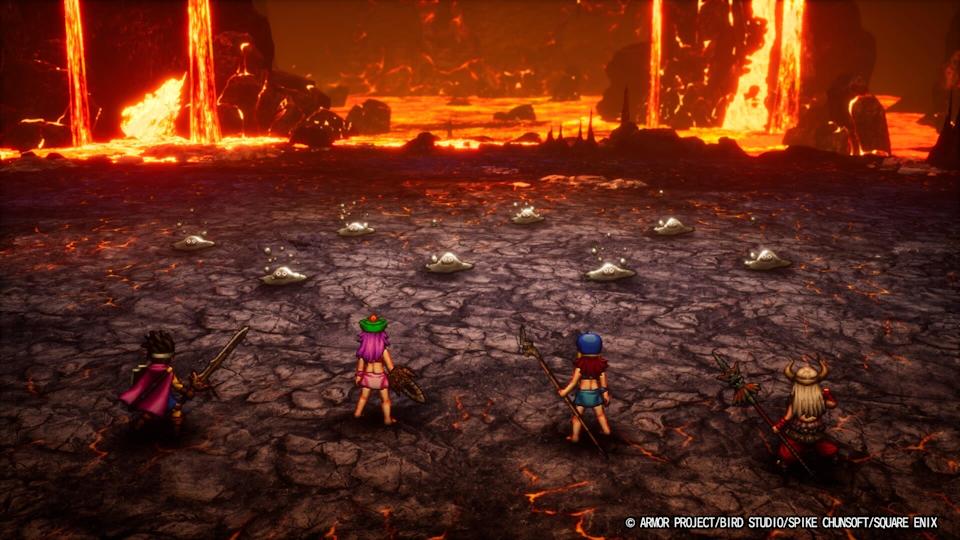
The Power of Choice
Offering Gamers Options
The debate surrounding game-key cards highlights the importance of providing gamers with a choice between physical and digital formats. While digital distribution offers convenience and accessibility, physical media continues to hold significant appeal for a substantial portion of the gaming community.
Nintendo’s decision to embrace game-key cards for some Switch 2 titles suggests a shift towards digital dominance. However, the company’s continued emphasis on physical retail channels and the testimony of former Nintendo employees suggest that physical games are not entirely going away.
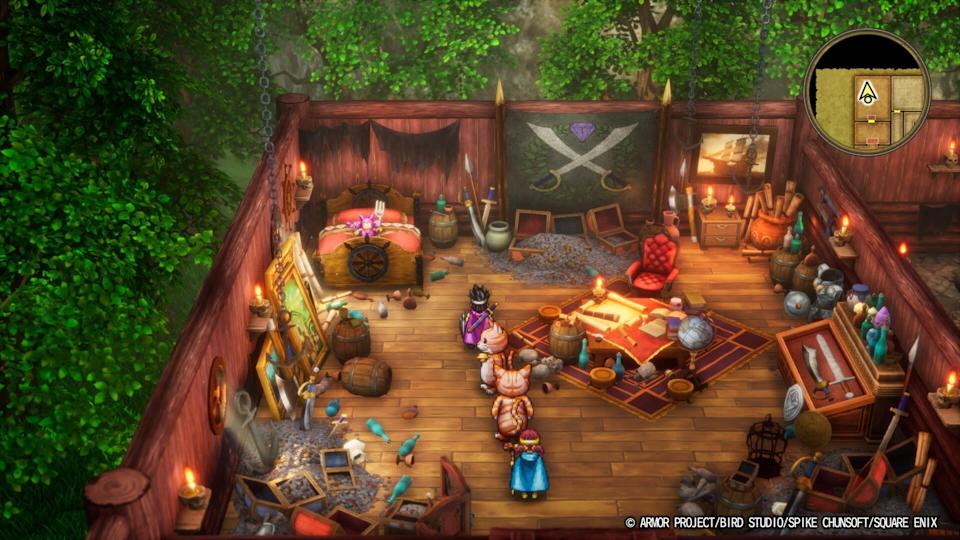
Impact on the Gaming Community and Industry
The decline of physical games could have significant implications for the gaming community and the wider industry. Collectible physical games could become increasingly scarce and valuable, potentially leading to a thriving secondary market. Gamers who prioritize physical ownership may find themselves increasingly isolated in their preferences as the industry moves towards digital-first models.
Furthermore, the loss of physical media could impact the development and marketing of games. Publishers may be less inclined to invest in physical production runs if there is a shift towards digital distribution. Moreover, the absence of physical copies could diminish the visibility and marketing potential of games, particularly in retail spaces.
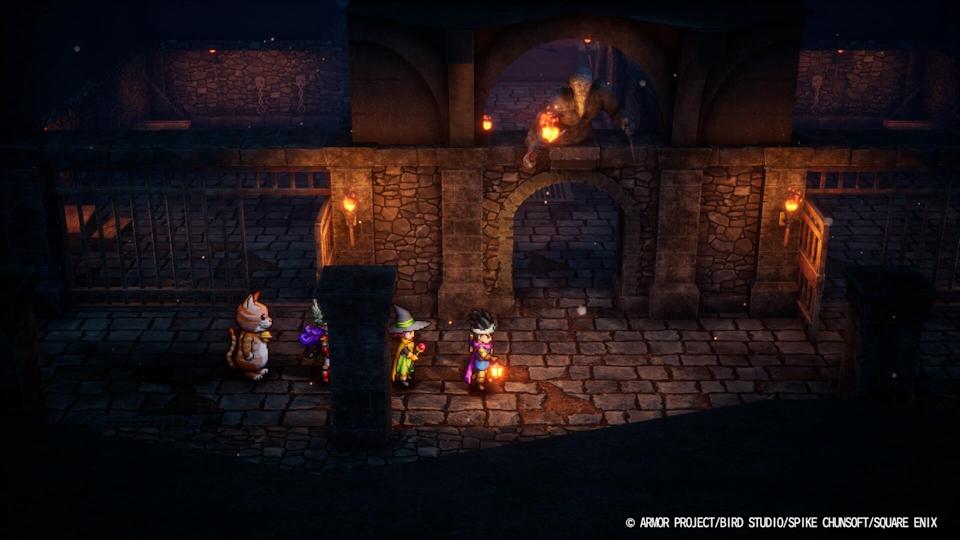
The Role of Third-Party Retailers and Collectors
Third-party retailers and collectors are likely to play an increasingly important role in preserving the value and accessibility of physical games. As physical games become more scarce, specialized retailers and online marketplaces could emerge to cater to the demand for physical copies. Collectors may also acquire and preserve rare or limited-edition physical games, ensuring their availability for future generations.

Looking Ahead
The future of physical games remains uncertain. While game-key cards herald a shift towards digital distribution, Nintendo’s continued investment in physical retail channels and the enduring appeal of physical ownership suggest that physical games are unlikely to disappear entirely.
The potential for innovative physical game formats could also emerge. These formats might combine the convenience of digital downloads with the tactile satisfaction of physical ownership, offering a hybrid approach to gaming.
Ultimately, the long-term impact of game-key cards will depend on how gamers respond to this new format. If gamers continue to embrace digital distribution, physical games may fade into a niche market. However, if gamers continue to value the tangible benefits of physical ownership, Nintendo and other publishers may be forced to reconsider their strategies and offer more options for physical gaming.
Conclusion
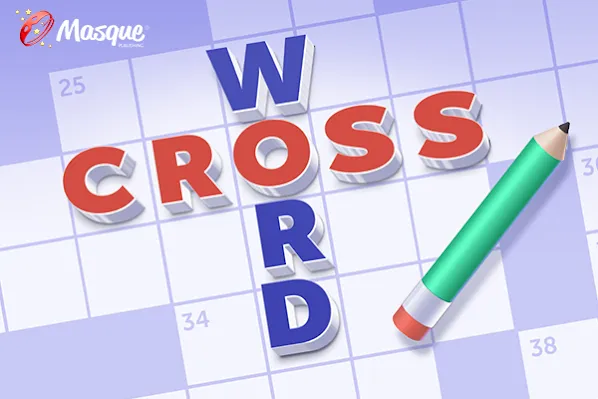
So, the Switch 2 might be ditching the physical game card in favor of a new key card system, and fans are not happy. They’re nostalgic for the tangible, the collectible, the satisfying click of a game slot. The article highlights this backlash and brings in some familiar faces from Nintendo’s marketing past, who believe physical games aren’t going anywhere entirely. They understand the emotional and cultural value these cartridges hold for gamers.
This isn’t just about collectible dust, though. It’s about control, accessibility, and a tangible connection to the games we love. While digital distribution offers convenience and lower costs, it also creates vulnerabilities to online outages and account issues. Physical copies provide a sense of ownership and a backup option for those who prefer it. Nintendo’s acknowledgement of this sentiment, however, leaves us with a lingering question: will the key card system truly replace physical games or will it co-exist, offering a hybrid approach to enjoying the Switch 2’s gaming library?
Ultimately, the future of physical gaming rests on a delicate balance between innovation, nostalgia, and the ever-evolving relationship between gamers and their digital experiences. Will we see a world where both formats thrive, or will the digital tide inevitably sweep away the tangible relics of our gaming past? The answer, like a hidden level in a classic cartridge game, remains to be discovered.